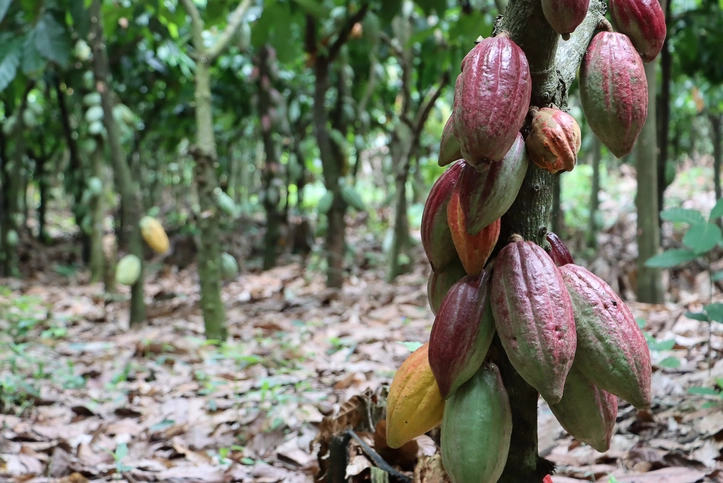
Fitch Solutions has made a stunning adjustment to its original projection of Ghana’s growth rate of 4.8 per cent in 2022, lowering Ghana’s 2022 growth rate to 2.6%.
This is a significant reduction from what the World Bank and the International Monetary Fund (5.2%) had anticipated for the economy’s growth (5.0 per cent).
According to the research division of the rating agency Fitch, this is being attributed, among other things, to the increasing rate of inflation, the weakness of the currency, and the war between Russia and Ukraine. Fitch believes that these and other factors will erode the purchasing power of consumers and affect the profit margins of businesses.
Mike Kruninger, a Country Risk Analyst at Fitch Solutions, stated at an update on the economies of Sub-Saharan Africa for the first half of this year that the company anticipates the expansion of the Ghanaian economy to reach 4.9 per cent in 2023.
“We anticipate that the actual growth rate of the Ghanaian economy will be 2.6% in 2022, following which it will pick up speed and reach 4.9% in 2023. We anticipate that the economy will confront very big issues in the relatively short term, despite the fact that the sluggish growth rate, notably for 2022, is in a decade from now.”
“Therefore, the first problem, which is also one of the most critical problems, is the quickly growing inflation. In May [2022], the annual rate of increase in consumer prices hit a record high of 26.6 per cent, making it the highest inflation rate in over 18 years. In reality, it is having a negative impact on the ability of households to make purchases and is reducing the profit margins of businesses “He gave an explanation.
Concern was also voiced by Mr Kruninger on the falling levels of consumer confidence.
“If we take a look at the consumer confidence that has been published by the Bank of Ghana, we can see that sentiments have actually dropped to an extremely low level. The index value for April 2022 is significantly lower than the figure that was recorded in April 2020, which was at the height of the COVID-19 epidemic. As a direct consequence of this, we anticipate a moderation in the level of spending by individual consumers over the course of the next few months.”
“Another significant obstacle that the Ghanaian economy must overcome is the country’s precarious budgetary situation. The situation of the county has worsened rather noticeably over the course of the previous two years, primarily as a result of the widespread COVID-19 outbreak. Because of its financial situation, the government was forced to borrow money from foreign financial markets. This is not the situation at the moment, but the debt has reached levels that cannot be maintained “Mr Kruninger stated.